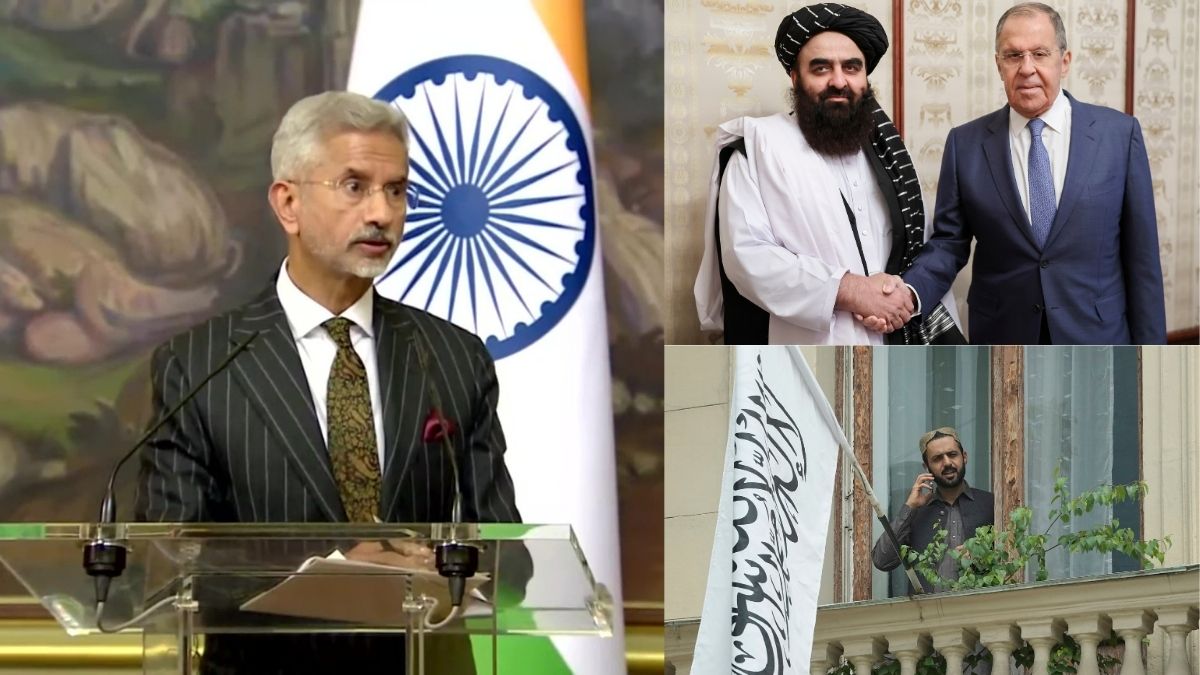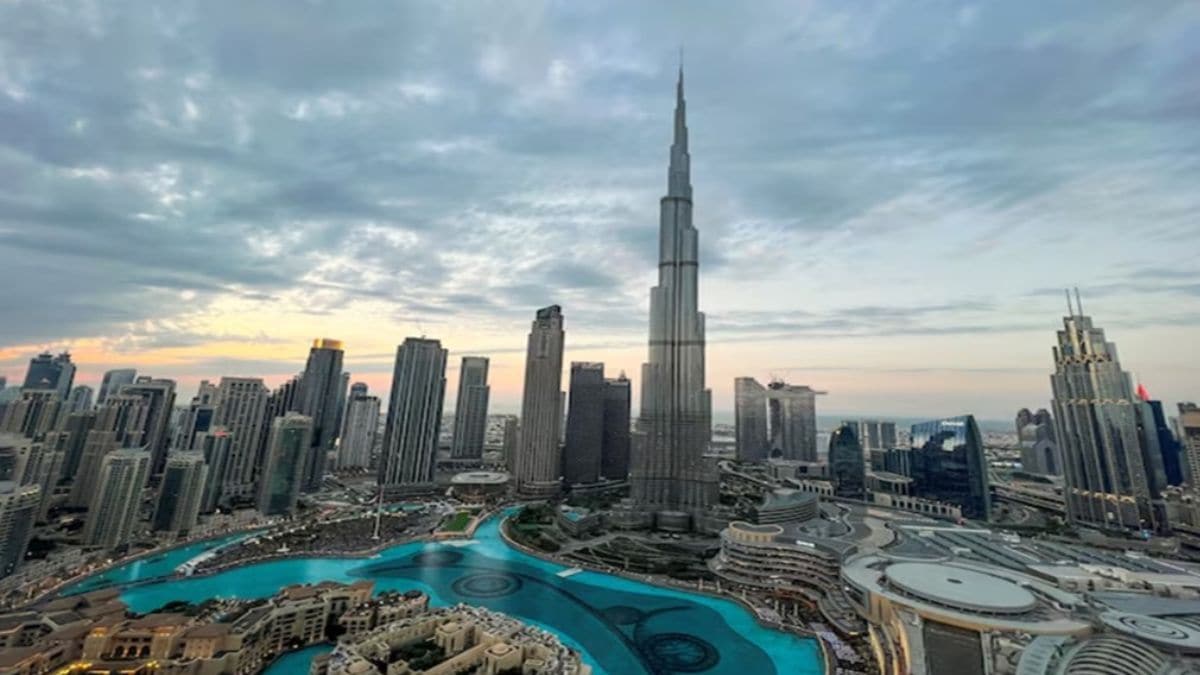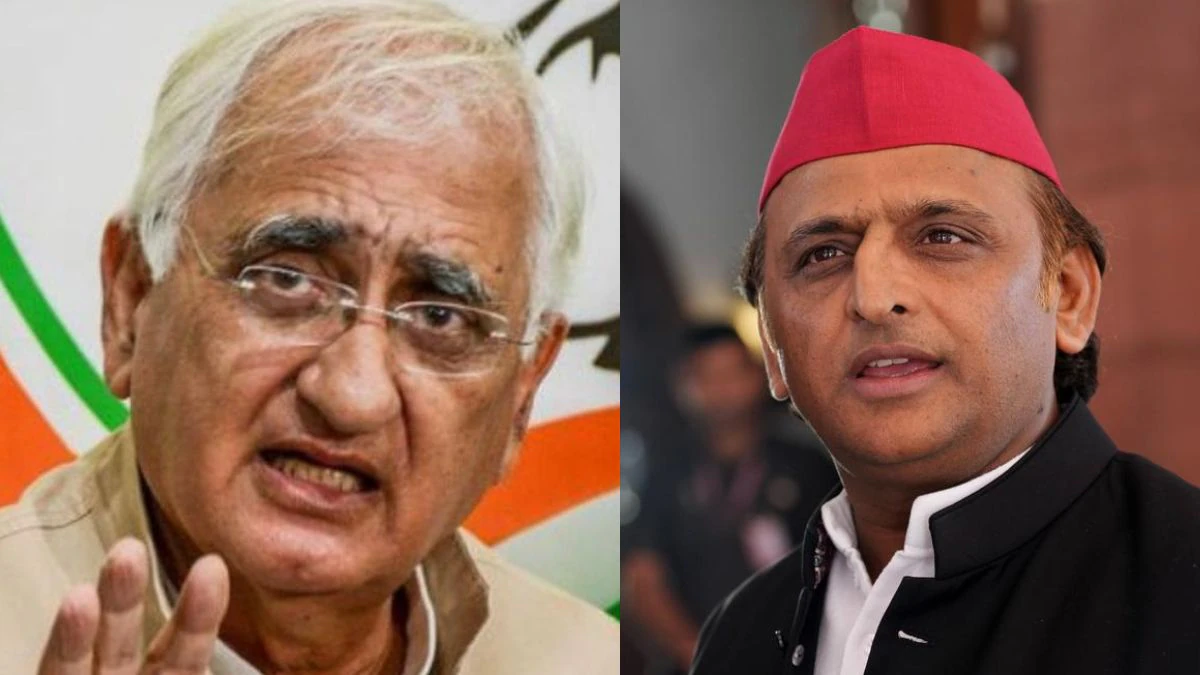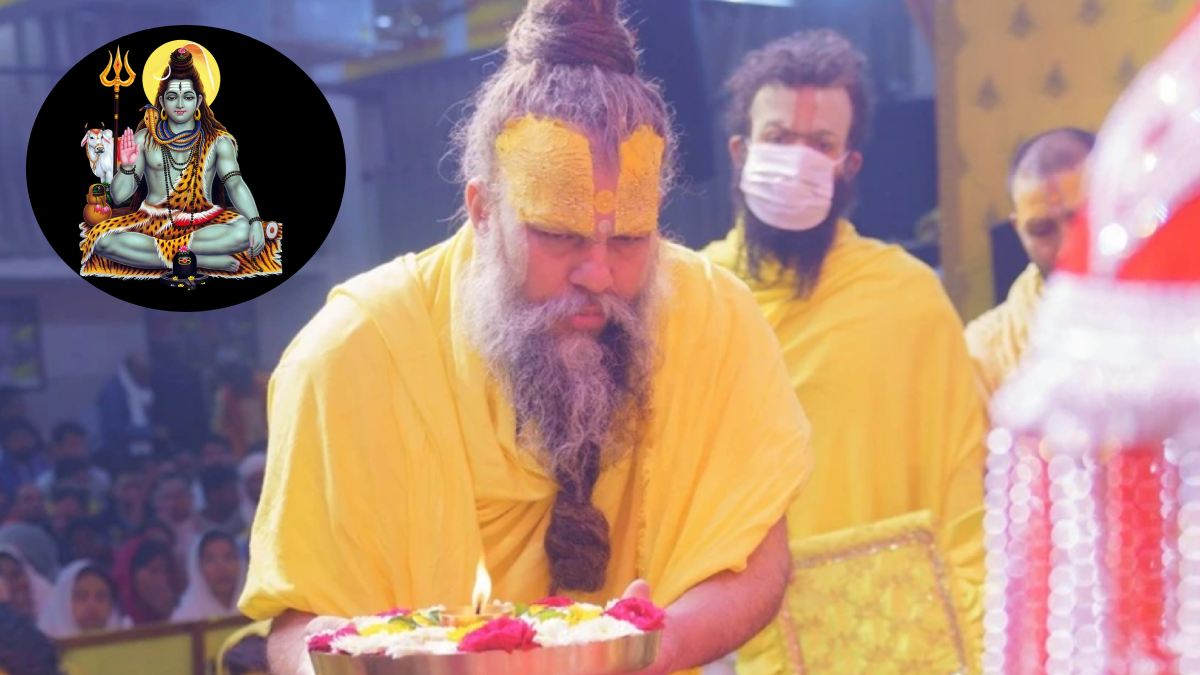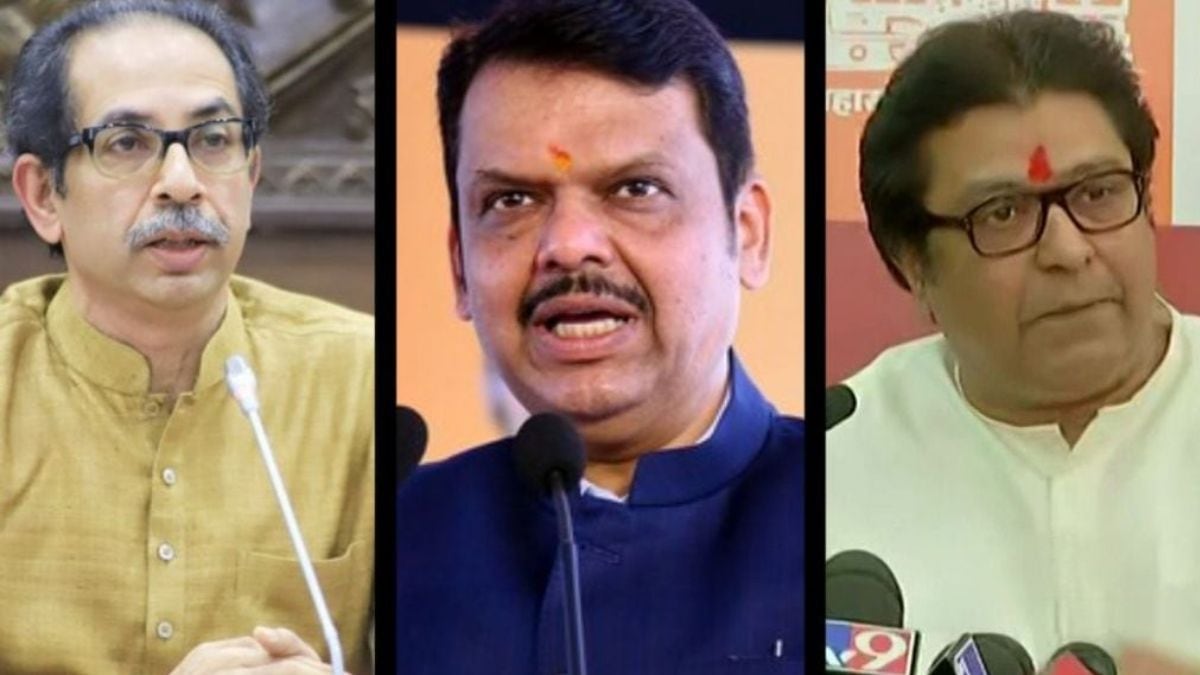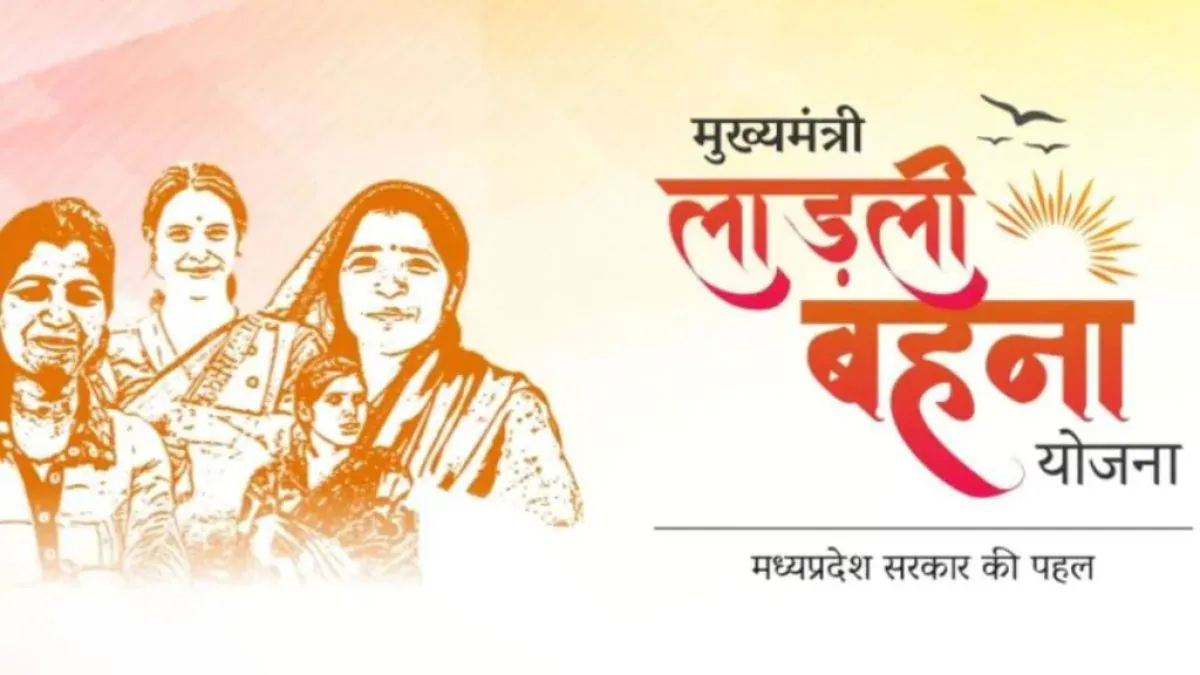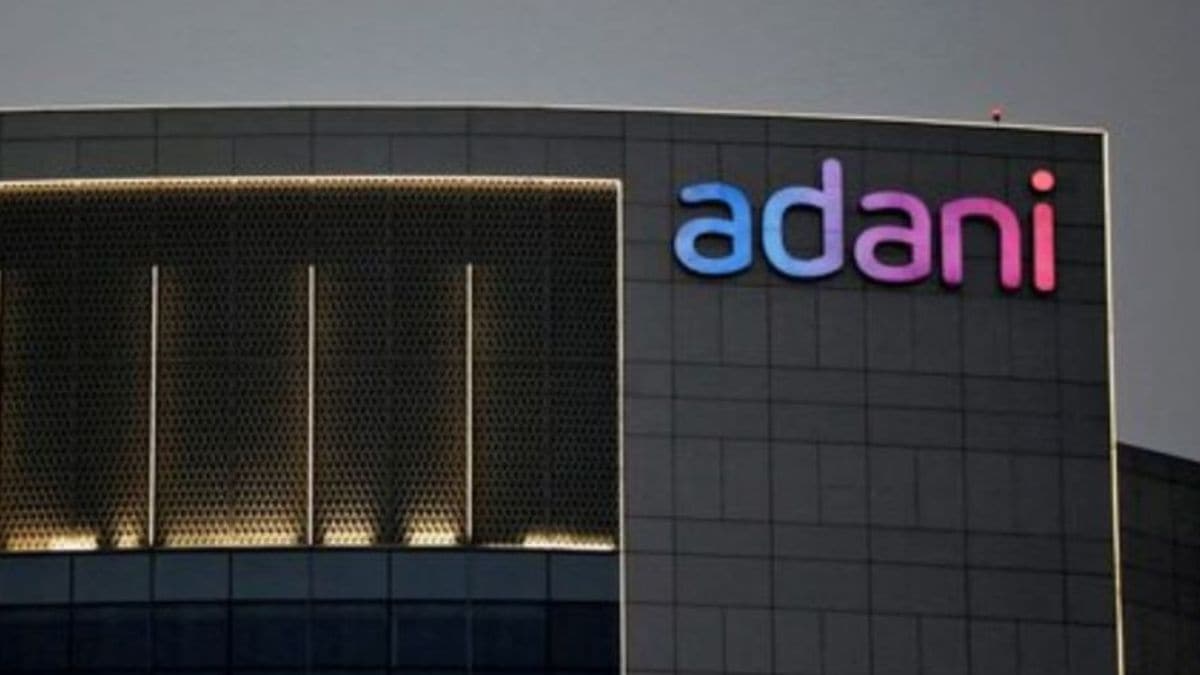As India’s baseload power capacity struggles to keep pace with surging demand, top Government officials told BHEL Ltd, which manufactures and installs critical thermal power equipment such as boilers and turbines, to seek third-party consultancy services and hire “financially sound” contractors to speed up project execution.
The direction came after NTPC Ltd, India’s largest thermal power generating company that outsources commissioning to BHEL, urged “better project management” to address delays and quality issues in a September meeting, as per minutes obtained by The Indian Express under the RTI Act.
Both BHEL and NTPC are owned by the Central government and account for most of India’s thermal capacity addition.
At the meeting, BHEL committed to commissioning 9 gigawatt (GW) of thermal capacity in the ongoing financial year, and top bureaucrats from the Union ministries of power and heavy industries “emphasised the national importance of achieving such a goal”.
Between April and November, however, only 60 megawatt (MW) of thermal capacity was added against the target of 7.4 GW (1 GW = 1,000 MW).
Delays have been on account of various reasons including theft and fire, slow civil works, and unavailability of raw material, officials were informed during the meeting held on September 19, according to the minutes.
NTPC chairman and managing director Gurdeep Singh also cited quality issues like boiler tube leakages and equipment deterioration behind slow operationalisation of under-construction thermal projects.
On average, it takes six years to commission supercritical thermal projects, BHEL chairman and managing director Koppu Sadashiv Murthy told officials. He attributed delays “mostly to extrinsic factors, such as law and order, statutory changes, limited vendor base, skilled labour shortages, and raw material availability”.
Over the last five years, thermal capacity addition has been only half of what was targeted, with net addition of just 13 GW; renewable capacity (minus large hydro) has more than doubled to 160 GW. But to balance the variability of renewable energy, the national grid is reliant on baseload capacities, like thermal, to meet rising demand.
To address some of these challenges, Murthy said BHEL has centralized procurement and empowered project directors for faster decisions.
BHEL also roped in Deloitte for project management consultancy (PMC) services at NTPC’s under-construction 1.3 GW thermal plant in Talcher, Odisha, and is “expanding this model to other projects based on the success achieved”.
During the meeting, both Power and Heavy industries secretaries also directed BHEL to “introduce PMC in EPC (engineering, procurement, and construction) projects as required for improved project management and upskilling BHEL site personnel”.
BHEL, NTPC, and the ministries of power and heavy industries did not respond to requests for comment.
Over the last five years, thermal capacity addition has only been half of what was targeted, with net addition of just 13 GW, according to data with the Central Electricity Authority. In comparison, India’s renewable capacity excluding large hydro has more than doubled to 160 GW.
However, without grid-scale energy storage to counterbalance the variability of renewable energy, the national grid has become increasingly reliant on baseload capacities, like thermal, to meet rising demand.
While India’s thermal capacity has only grown 6 per cent between 2019-20 and 2023-24 to 218 GW, generation by coal-fired thermal plants grew by 34 per cent from 960 billion units (BU) to 1,290 BU.
The average plant load factor (PLF), or capacity utilisation, also jumped from 53 per cent to 68 per cent, highlighting growing dependence on existing thermal capacities.
The combination of slow capacity addition and the time needed to ramp up generation at coal-fired plants puts grid stability at risk during periods of peak demand. This vulnerability was exposed on May 30 last year when peak demand hit 250 GW, far exceeding the month’s projected peak of 235 GW. Peak demand is expected to touch 270 GW next year.
As of November 30, under-construction thermal capacity in India totalled 29.2 GW across 22 projects, with NTPC accounting for 9 GW. BHEL is commissioning boilers for 16 projects and turbines for 17.
Only one private sector project is in the works: two units of 800 MW each in Madhya Pradesh by an Adani Power Ltd subsidiary, with Mukesh Ambani’s Reliance Industries Ltd owning a minority stake. The contribution of the private sector over the last five years was just 1.7 GW, or 7 per cent of the total thermal capacity added.
At two NTPC units in Jharkhand – North Karanpura and Patratu – materials were “lost due to theft & fire,” Singh told officials, requesting urgent supplies.
Both units face significant delays–North Karanpura’s trial run has been pushed from June 2019 to March this year, while Patratu has slipped from January 2022 to the same month.
“Delays in civil works and storage space development impact the project timeline. BHEL mentioned that it is addressing this with new contractors and ensuring proper material handling,” the minutes noted.
“Quality issues like boiler tube leakages (especially in the first year of commissioning) make targets for operational availability (OA), a challenge to achieve. BHEL stated that while OA of BHEL sets, in general, is more than 90%, efforts will continue to make the OA even better in the first few years of operation,” they said.
“Time taken for stabilizing new technologies like supercritical boilers and turbines by BHEL is high. BHEL mentioned that it has acquired and assimilated these technologies gradually from the OEMs and now is fully capable to deploy them without any issues,” according to the minutes.
Officials directed BHEL to expedite supplies for the North Karanpura and Patratu units and prepare a white paper on “key learnings from the North Karanpura project, focusing on the 5 major issues affecting execution”. “Engage financially sound contractors for material handling and civil works at sites,” officials also told BHEL.
NTPC was directed to clear pending dues to BHEL totalling Rs 5,000 crore and asked to consider BHEL’s proposal to convert bank guarantees of around Rs 10,000 crore into corporate guarantees for old projects.
India plans to add 80 GW of thermal power capacity by 2032. In September, Union power minister ML Khattar had said that the country will develop thermal projects until 2035, after which it will begin phasing them down for net zero.
Stay informed with access to our award-winning journalism.
Avoid misinformation with trusted, accurate reporting.
Make smarter decisions with insights that matter.



